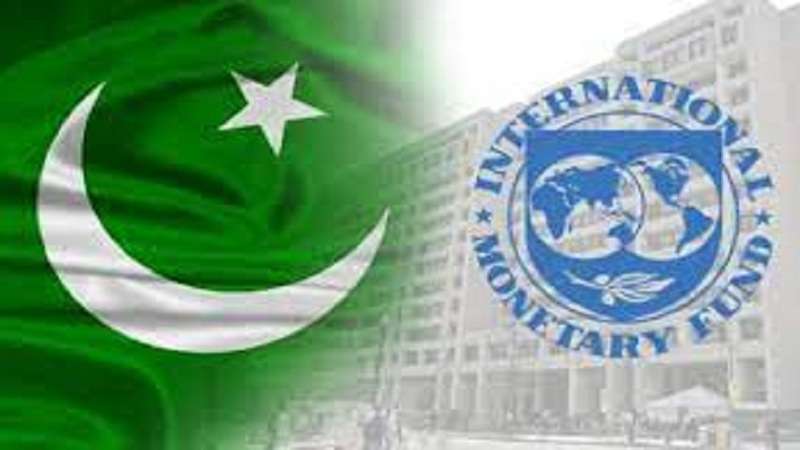Islamabad, May 31, 2025 – Pakistan is set to present its national budget for the fiscal year 2025-26 on June 10, 2025 in strict accordance with the conditions agreed upon with the International Monetary Fund (IMF). This move comes as part of the commitments under the Extended Fund Facility (EFF), which aims to stabilize the country’s economy and ensure long-term fiscal discipline.
According to official documents, the government of Pakistan has pledged that the upcoming budget will fully comply with the IMF’s requirements. “Parliamentary approval of a FY26 budget in line with IMF staff agreement to meet program targets” is a key benchmark under the current arrangement. The budget is expected to be passed by parliament with all IMF-endorsed measures intact.
As part of the IMF program, Pakistan has also committed to introducing new Agricultural Income Tax (AIT) laws. The implementation strategy includes establishing a functional platform for tax return processing, taxpayer registration and identification, public awareness campaigns, and steps to enhance compliance.
Another significant IMF requirement is for Pakistan to publish a Governance Action Plan, derived from the Governance Diagnostic Assessment’s recommendations. In the social protection domain, the IMF has instructed Pakistan to ensure annual inflation adjustments for the Kafaalat unconditional cash transfer program, protecting the most vulnerable segments of society.
On the monetary and financial front, Pakistan has agreed to draft and disclose a post-2027 financial sector strategy. This long-term plan will outline institutional reforms and a regulatory framework starting from 2028.
Energy sector reforms are also part of the deal. Pakistan will notify annual electricity tariff rebasing and semi-annual gas tariff adjustments to maintain tariffs at cost recovery levels. Moreover, legislation is to be introduced to make the captive power levy permanent and to eliminate the debt service surcharge cap.
The IMF has further directed Pakistan to gradually phase out all incentives related to Special Technology Zones and industrial parks by 2035. Additionally, the government has agreed to submit legislation by July 2025 for lifting all quantitative restrictions on commercial imports of used motor vehicles—initially limited to cars less than five years old that meet environmental and safety standards.
With this IMF-approved budget, Pakistan aims to meet all performance targets and secure future disbursements, reinforcing its commitment to economic reform and transparency.
